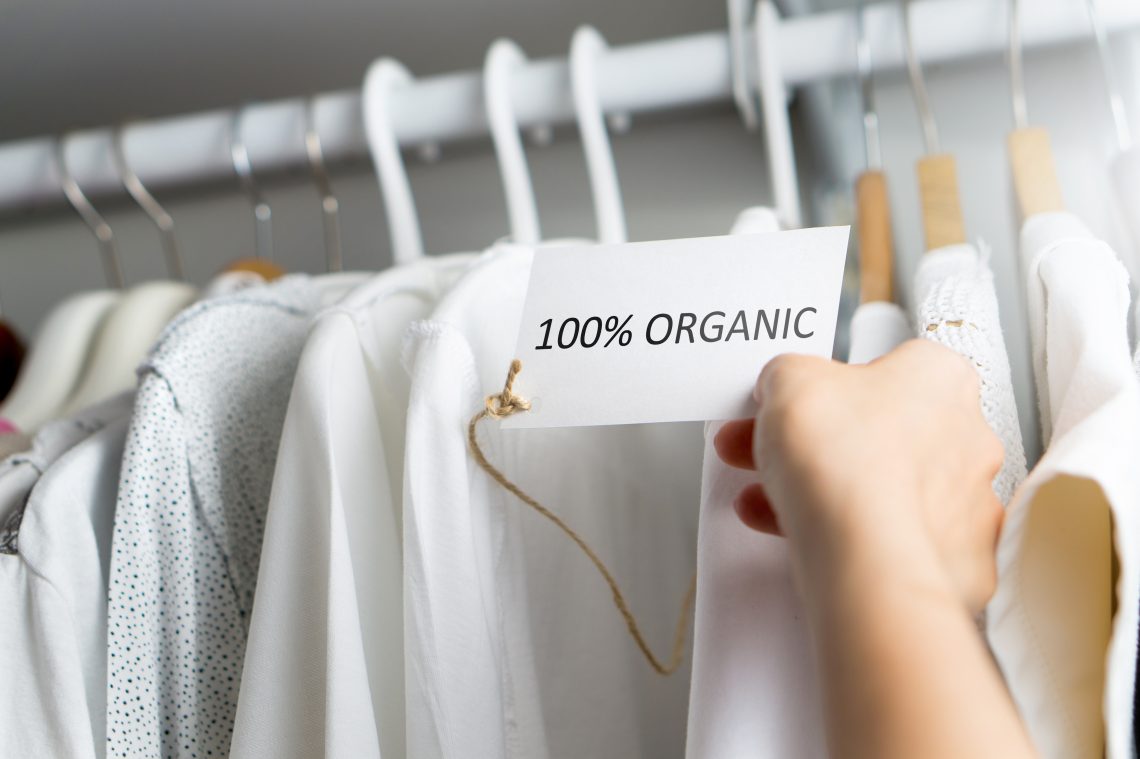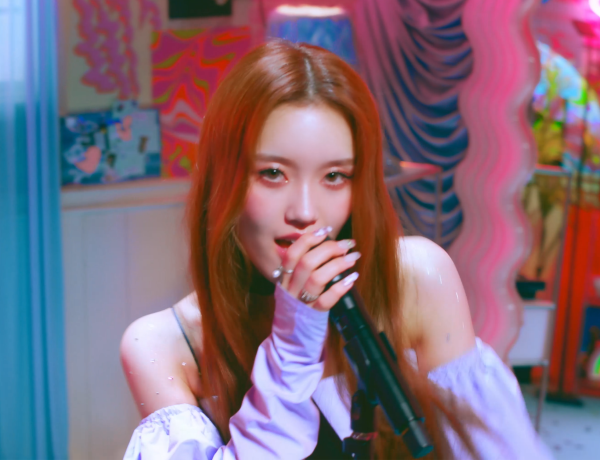Today we want to share the top sustainable fashion trends of today. As we become increasingly aware of the environmental impact of our fashion choices, sustainable fashion trends are gaining momentum in the industry. Adopting eco-friendly materials and practices is essential for a greener future, and designers worldwide are embracing innovative methods to satisfy style-savvy, conscious consumers.
In this blog post, we’ll delve into the top sustainable fashion trends today – from recycling to biodegradable materials. Explore how these cutting-edge approaches not only benefit the environment but also elevate your wardrobe as you contribute to a more conscientious world of textiles.
Points Of Discussion
- Sustainable fashion trends, such as recycling, biodegradable materials, and upcycling, are gaining momentum in the industry. These eco-friendly approaches reduce waste and benefit the environment while delivering stylish garments that cater to modern consumer demands.
- Popular biodegradable materials like lyocell (Tencel), bamboo, wool, and organic cotton require less water and energy compared to conventional synthetic fibers like polyester or nylon. Innovative options such as rose petal silk or cactus leather have also taken sustainable fashion to a whole new level.
- Sustainable fashion lowers both waste production and carbon footprints associated with traditional textile manufacturing processes while supporting ethical production practices through fair labor conditions for workers. Brands that prioritize circularity in their business models help create a more environmentally conscious fashion industry while still offering trendy clothing options for consumers.
Top Sustainable Fashion Trends
Recycling, biodegradable materials, and upcycling are the top sustainable fashion trends of today.
Recycling
Recycling stands at the forefront of sustainable fashion trends, as it involves repurposing used materials to create new and stylish garments. This eco-friendly approach substantially reduces waste in landfills and lowers the demand for raw materials.
For example, renowned brand Patagonia has long embraced recycling by using polyester derived from discarded bottles to manufacture its fleece jackets. Another innovative company, Girlfriend Collective, creates its activewear line from recycled plastic water bottles and fishing nets.
Biodegradable Materials
One of the top sustainable fashion trends that is gaining momentum today is the use of biodegradable materials. These are fabrics and materials that can break down naturally without harming the environment, contributing to a circular economy.
Biodegradable materials such as lyocell (Tencel), bamboo, wool, and organic cotton are being used in creating clothing items, accessories, and shoes. These materials not only decompose easily but also require less water and energy compared to conventional synthetic fibers like polyester or nylon.
The democratization of these biodegradable materials has paved way for a new breed of conscious fashion consumers who prioritize sustainability over fast fashion trends. The trend towards using biodegradable fabrics has certainly made strides in reducing waste production from the fashion supply chain while lowering carbon footprints associated with traditional textile manufacturing processes.
Upcycling
Upcycling is a sustainable fashion trend that involves using discarded materials to create new and improved products. This process not only reduces waste in landfills but also helps conserve natural resources. Upcycling has gained popularity due to its eco-friendly nature, and many brands have incorporated this technique into their production processes.
The beauty of upcycling lies in the fact that it encourages creativity while promoting sustainability. It allows for unique pieces to be created from existing materials instead of producing something entirely new. Moreover, it offers consumers an opportunity to support ethical production practices by purchasing products made with recycled materials rather than contributing to the wasteful fast-fashion industry.
Sustainable Materials Of Today
Sustainable materials of today include linen, hemp, organic cotton, and Econyl, while innovative options such as rose petal silk, cactus leather, and Tencel are also becoming popular among eco-conscious fashion lovers.
Linen, Hemp, Organic Cotton, Econyl
Linen, hemp, organic cotton, and Econyl are just a few of the sustainable materials trending in fashion today. Linen is made from flax fibers that require less water, pesticides, and energy to produce than other crops like cotton.
Hemp is also low-maintenance and grows fast without the need for much fertilizer or irrigation. Organic cotton uses no synthetic chemicals during production, making it better for both farmers and the environment. These materials are not only eco-friendly but also durable enough to make long-lasting garments that resist wear-and-tear over time. They promote circularity in fashion by ensuring clothes do not end up in landfills soon after purchase due to poor quality or quick replacement demands.
Rose Petal Silk, Cactus Leather, Tencel
Rose Petal Silk, Cactus Leather, and Tencel are some of the revolutionary materials that have taken sustainable fashion to a whole new level. Rose petal silk is made by extracting cellulose from rose stems, making it a natural and biodegradable alternative to traditional silk. It has gained popularity within the fashion industry because of its delicate texture and beauty. Similarly, cactus leather is made by harvesting mature leaves from cacti without harming the plant.
This sturdy and durable material can be used as a leather substitute in bags, wallets, and shoes. Lastly, Tencel (also known as lyocell) is made from sustainably sourced wood pulp using closed-loop manufacturing processes. These innovative materials are game-changers for conscious consumers who want to reduce their environmental impact while still looking stylish. Not only do they offer practical benefits like durability and breathability, but they also encourage companies to adopt circular practices that prioritize sustainability throughout the entire supply chain.
Benefits Of Sustainable Fashion For The Environment
Sustainable fashion benefits the environment by reducing waste, lowering the carbon footprint, and supporting ethical production practices. By choosing eco-friendly clothing made of recycled or biodegradable materials such as linen, hemp, organic cotton, Tencel and even rose petal silk or cactus leather; you can contribute to a circular fashion industry that aims to reduce negative impacts on our planet.
Reducing Waste
Sustainable fashion can drastically reduce waste by implementing circular business models that prioritize the reuse and recycling of materials. This involves designing clothes with longer lifecycles, using eco-friendly materials, and incorporating end-of-life solutions such as take-back programs or resale initiatives.
Brands like Patagonia have set a precedent in this area by offering repair services for their products to extend their lifespan. Similarly, companies like Levi’s have implemented denim recycling programs that repurpose old jeans into new ones, reducing unnecessary textile waste.
These initiatives not only reduce environmental harm but also provide economic benefits by creating job opportunities and contributing to local communities’ growth.
Lowering The Carbon Footprint
Another benefit of sustainable fashion is the reduction in carbon footprint. The fashion industry is one of the largest contributors to greenhouse gas emissions, with 10% of global emissions coming from clothing production alone. By opting for eco-friendly and sustainable materials, such as biodegradable fabrics and recycled materials, we can significantly reduce our impact on the environment. Circular fashion practices like upcycling also help as they extend the lifespan of garments by repurposing and reusing them instead of disposing of them after just a few wears.
Choosing slow fashion trends over fast fashion means investing in quality pieces that will last longer, reducing the need for frequent replacements which often end up being quickly discarded or incinerated.
Supporting Ethical Production Practices
As consumers become more aware of the impact their fashion choices have on the environment, they are also becoming more interested in ethical production practices. Sustainable fashion companies strive to ensure that every part of their supply chain meets high ethical and environmental standards.
This includes fair wages for workers, safe working conditions, and eco-friendly manufacturing processes. As a result, many sustainable fashion brands work closely with small artisans around the world to create unique pieces using traditional crafting techniques that require minimal resources and produce little waste.
Conclusion
In conclusion, sustainable fashion is more than just a passing trend – it’s a vital movement that seeks to create fashionable and functional clothing while protecting the environment.
With the growing availability of eco-friendly materials such as linen, hemp, biodegradable fabrics like rose petal silk and cactus leather, and recycled materials like Econyl, fashion designers now have access to an arsenal of sustainable options. Through upcycling and circular production methods that help reduce waste and carbon footprints while supporting ethical production practices, we can embrace slow fashion trends with organic materials made under fair trade conditions.
Read more fashion articles at ClichéMag.com
Images provided by BingAI, Adobe Stock, Flickr, Unsplash, Pexels, Pixabay & Creative Commons




